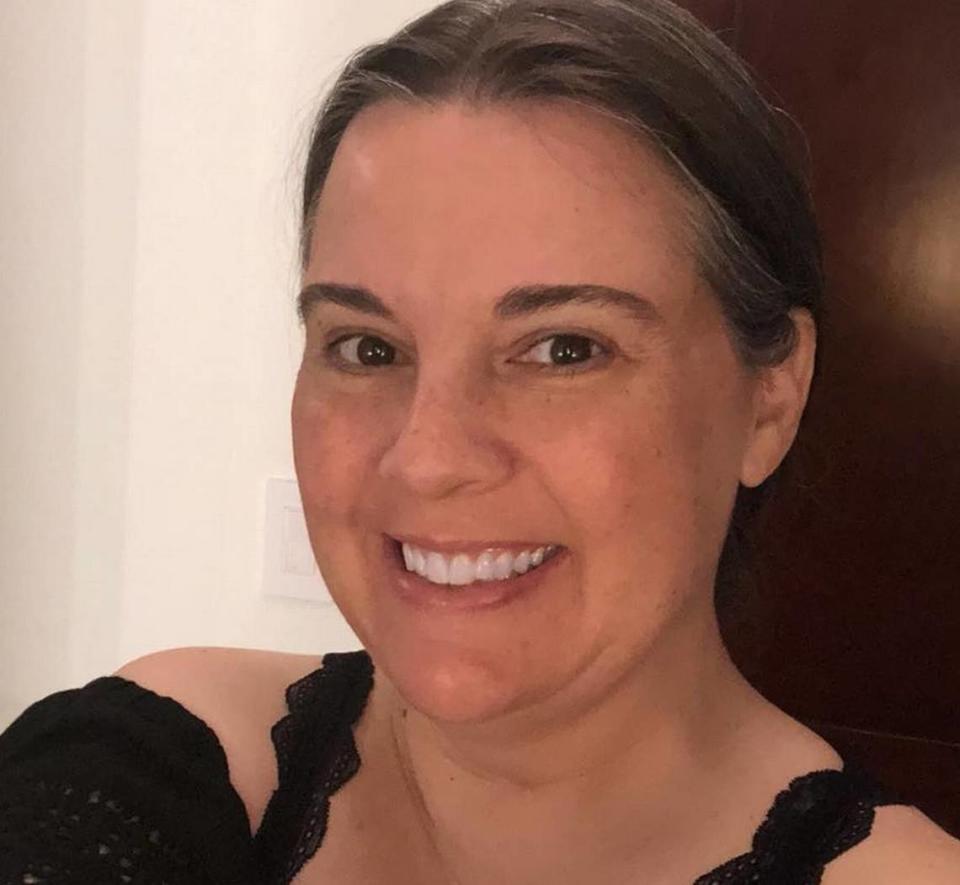NC must teach public school children the truth about history. Don’t sugarcoat it.
Welcome to NC Voices, where leaders, readers and experts from across North Carolina can speak on issues affecting our communities. Send submissions of 300 words or fewer to opinion@newsobserver.com.
Teaching truth in NC schools
The Wake County Democratic Party supports the efforts of public school educators, administrators and board members to provide students with accurate historical information. This must include truths about slavery and the near genocide of Native Peoples under the banner of Manifest Destiny, on which much of America was built.
American history is not complete without acknowledging these truths. For so long, public education curricula have minimized the existing reality of racial, ethnic and gender inequities in our country.
Our youth deserve a full picture of our shared history — good and bad — in order to navigate our current reality. Empowering them to build a brighter future for our state, country and world starts with being truthful about what was, is, and could be.
Some in conservative media are attacking resources like the 1619 Project. Critics weaponize language misconstruing the intent of educators seeking to provide accurate information. These voices are loud. They threaten progress made toward racial and economic equity in our public schools. They seek to undermine public education by shifting resources toward private education and for-profit charter schools where taxpayers have little to no oversight of curricula.
So, we should ask ourselves these questions:
▪ Why are strong public schools and critical discussions about our shared history so threatening?
▪ What is gained by sugarcoating our past and downplaying current social challenges that stem from that history?
American public education is a key democratizing force, and its soul faces a new threat. On the heels of a pandemic, racial inflection points, and an attempted insurrection, we cannot allow critics to cancel inconvenient facts from our public schools. Please reach out to your public school board members, the Department of Public Instruction and State Board of Education, and our General Assembly lawmakers with your support for teaching truth to our children.
Kevyn Creech
Chair, Wake County Democratic Party
WCDP Executive Council

Student mental health matters
The writer is a student at The Early College at Guilford.
The pandemic left many marks on society that will be thorns in our collective sides for decades. One that will be particularly difficult to deal with is damage done to students’ mental health.
Elementary students spent critical development time staring at screens instead of being in a classroom. For middle and early high school students, one of the most significant periods in our lives was a series of virtual events. For older high school students, lockdowns and social distancing requirements canceled important events.
All experienced isolation from friends, all while the news cycle alternated between a deadly pandemic, racial unrest, and protests prompted by COVID restrictions.
Prolonged stress increases the likelihood of mental health problems. Not only is North Carolina unprepared to deal with the coming student mental health crisis, but the state’s past efforts missed the mark.
Youth mental health treatment in North Carolina is below par. According to Mental Health America’s 2020 report, out of 50 states and D.C, North Carolina is bottom tier in multiple youth access to care metrics.
We had the highest proportion of youth with major depressive episodes who received no mental health services. We had the sixth-highest rate of children with private insurance that did not cover mental or emotional problems.
Legislation in North Carolina, like House Bill 75 in 2019 and Senate Bill 476 in 2020, focused on suicide prevention and various kinds of abuse or making sure funds were available to prepare schools to deal with students amid a crisis. While these services are valuable, they won’t help most students who face mental health issues in the future.
North Carolina will experience an uptick in students with mental health issues and we should prepare by increasing youth access to mental health services across the board — not just by preparing schools to deal with the most severe crises that may emerge.
Miles Kirkpatrick, Greensboro


